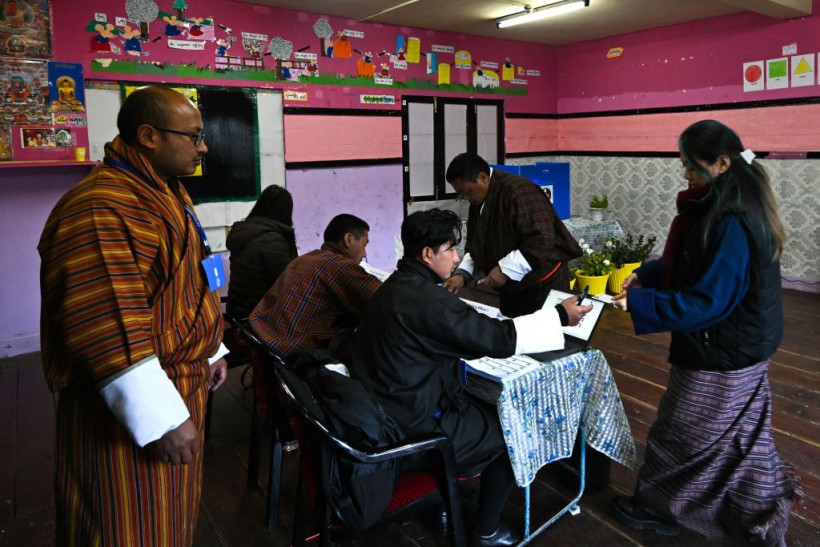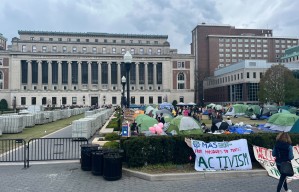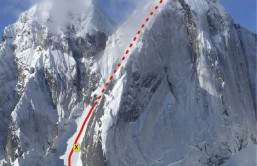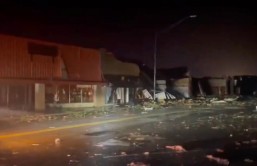Bhutan's elections have concluded and the People's Democratic Party (PDP) of former Prime Minister Tshering Tobgay won the majority of seats in the parliamentary race.
The party will be the one to form the new government that would lead the Himalayan Kingdom after polls were dominated by the economic crisis. On Tuesday, it was reported that the PDP won 30 of the 47 National Assembly seats in order to return to power, adding that the Bhutan Tendrel Party had secured 17 seats.
People's Democratic Party Wins Bhutan's Election

Bhutan's People's Democratic Party (PDP) won the Himalayan Kingdom's elections and will have to address the region's current economic crisis.
The latest race was the country's fourth general election since its transformation from a traditional monarchy to a parliamentary form of government in 2008. Bhutan's Election Commission is also expected to make its final declaration on Wednesday regarding the vote.
The election campaigns focused on economic growth and opportunity despite Bhutan's use of a "Gross National Happiness" index in place of gross domestic product (GDP). The two parties that fought in the elections were committed to a constitutionally enshrined philosophy of a government that measures its success by the "happiness and wellbeing of the people," as per Aljazeera.
The 58-year-old former prime minister is now expected to return to his old position. He had previously served as the leader of the opposition in the nation's first parliament when it was established 15 years ago, which was soon after the start of the reign of the present king.
Tobgay sounded the alarm regarding Bhutan's "unprecedented economic challenges and mass exodus." The PDP manifesto cited government statistics that showed one in every eight people were "struggling to meet their basic needs for food" as well as other necessities.
Roughly half a million voters selected the members of parliament from a list of 94 candidates who were presented by the Bhutan Tendrel Party (BTP) and the PDP. The first round of voting was held in November, which eliminated three other parties, including the governing center-left Druk Nyamrup Tshogpa party.
Read Also: Norwegian Parliament Approves Deep-Sea Mining, Opening Its Waters for Exploration
Himalayan Kingdom's Economic Crisis
Bhutan, which is located between China and India, has a population of fewer than 800,000 people and is roughly the size of Switzerland. It has deep economic and trade relations with its southern neighbor, India, which is its biggest donor and economic partner, according to Reuters.
The region has no formal diplomatic relations with China but is currently in discussions with Beijing to resolve border disputes. These negotiations are under close observation by India, which has its own border dispute with China.
A voter from Punakha, 49-year-old Karma said that the most important thing that the people of Bhutan need now is economic growth and the growth of their own. He added that many people have been left unemployed and even those who are working get salaries that are not enough to support the growth of their family.
The World Bank said that the Himalayan Kingdom's economy grew at a rate of 1.7% over the last five years. Unemployment is considered a chronic problem and an exodus of young people in search of higher education and jobs abroad is undermining Bhutan's economic potential, said the Associated Press.
Related Article: US, China Hold Military-to-Military Talks for First Time Since 2021 To Discuss Relations








